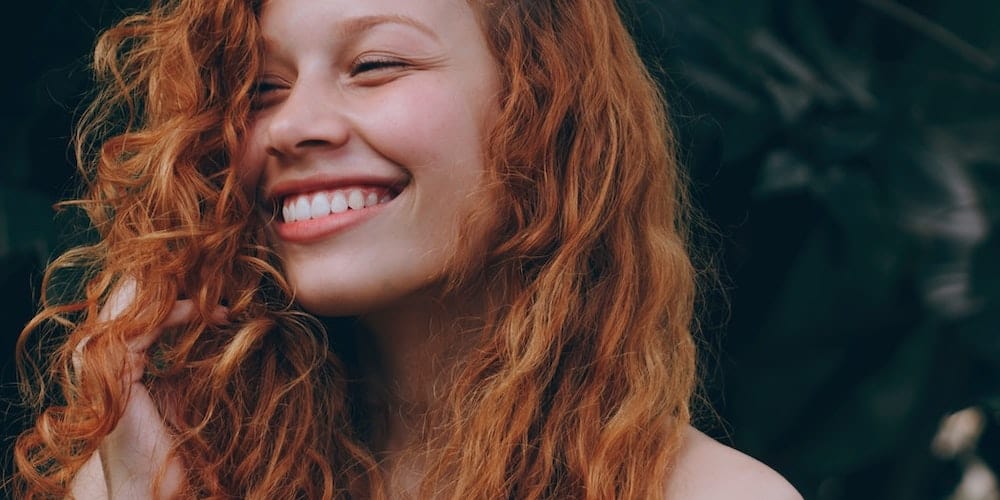Hair, like nails and skin, have specific nutritional needs to remain healthy. They are mainly composed of keratin, a protein that protects them from aggressions (UV, pollution, etc.) and hydrates them. However, it depletes quickly.
Keratin is not found in food, but certain nutrients promote its synthesis, so they should be prioritized!
Beta-carotene, proteins, B vitamins, iron, and zinc determine the beauty and health of hair. To have beautiful and strong hair, it is essential to regularly consume foods containing them!
Even when eating a balanced diet, it can be difficult to consume sufficient quality nutrients…
Moreover, some of our behaviors, particularly the consumption of tea and coffee or the use of industrial dishes, can hinder their absorption, leading to deficiencies and health problems.
Hair dietary supplements help to address deficiencies affecting the overall condition of the hair. They can treat issues such as dandruff and oily hair, a sensitive scalp, dry and brittle hair, and excessive hair loss.
Read also | The best hair dietary supplements: our comparison
1. Brewer’s Yeast
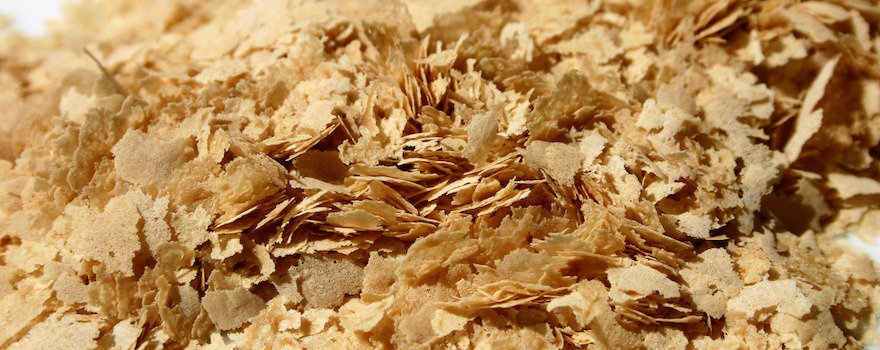
Used to ferment beer, brewer’s yeast appears as a fine powder that dissolves in water and is actually composed of several strains of a microscopic fungus.
Very rich in vitamins B1, B5, B8, and B9, brewer’s yeast stimulates keratin synthesis and strengthens the structure of the hair fiber. It thus increases the vitality of the hair, making it more flexible and robust, while effectively slowing down its loss.
A real concentration of trace elements, brewer’s yeast also helps to purify the scalp and prevent the hair from becoming greasy too quickly. It is therefore ideal for people with oily hair tendency or dandruff.
How to consume it?
To fully benefit from the advantages of brewer’s yeast, it is best to take it in capsule form for at least 2-month courses at every change of season.
2. Royal Jelly
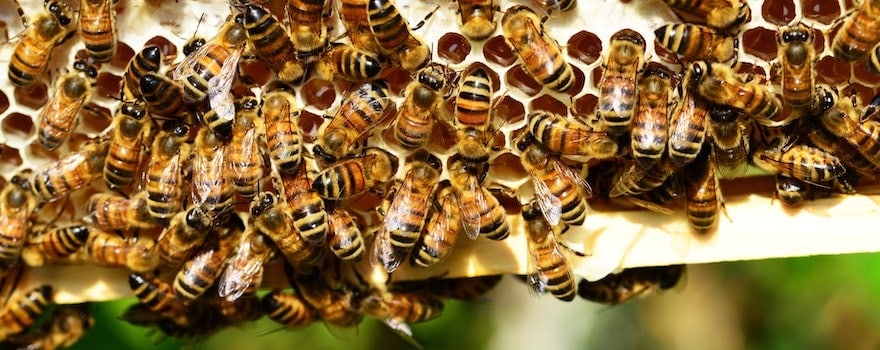
Also called “bee milk”, royal jelly is a substance secreted by the glandular system of young worker bees. Highly nutritious, it possesses numerous health benefits and contributes to the beauty of hair.
Consisting of deoxyribonucleic acid, pantothenic acid, vitamins, minerals, lipids, and antioxidants, royal jelly acts effectively on cell regeneration of the hair fiber. It is particularly recommended for treating dull, dry, and brittle hair but also slowing down their loss.
Read also | Royal Jelly: A Pharmacist’s Buying Guide
How to consume it?
To regain a healthy head of hair, take a royal jelly course for at least 3 months with one capsule or ampoule a day. However, be careful, this dietary supplement is contraindicated for people allergic to honey, pollen, as well as bee stings.
Read also | The use of royal jelly for hair beauty
3. Spirulina
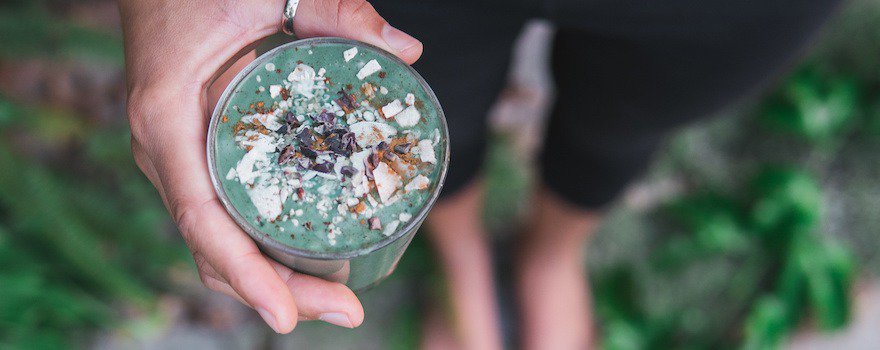
A real superfood, spirulina is not an algae, but a cyanobacteria particularly rich in zinc, iron, antioxidants, proteins, and B-group vitamins. It thus promotes keratin synthesis and maintenance of the hair fiber.
Spirulina also contains essential fatty acids and therefore stimulates hair growth while providing shine and strength.
Read also | How to choose spirulina? Criteria to consider
How to consume it?
To strengthen your hair as well as your nails, immune system, and overall health, consume between 2g and 5g of spirulina per day for at least one month.
Depending on your preferences you can consume it in powder or flake form, but also in capsules, ideal for those who do not particularly appreciate its slight algae taste. It can also be used to make ultra-nourishing masks!
Read also | How to use spirulina for your hair
4. Soy Lecithin
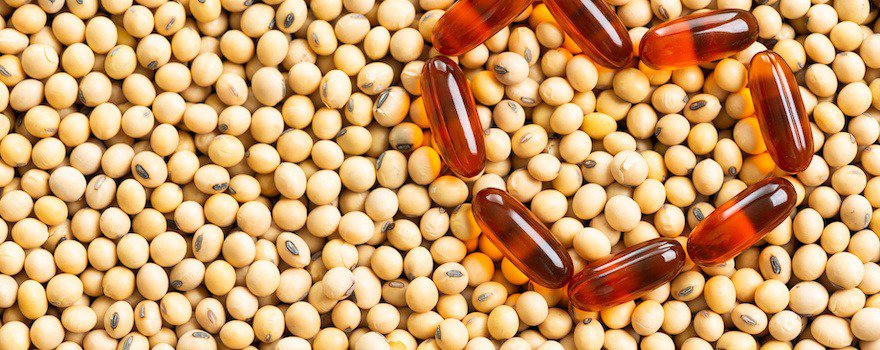
Made up of fatty acids, phosphates, choline, vitamin B, and glycerol, soy lecithin is a lipid derived from soy. It contributes to cell renewal while revitalizing and hydrating hair. It’s no coincidence that soy lecithin is often found in the composition of shampoos and other hair care products.
How to consume it?
If you choose soy lecithin capsules, it’s better to take them during meals to optimize their absorption. You can also use a shampoo or treatment containing soy lecithin.
5. Bee Pollen
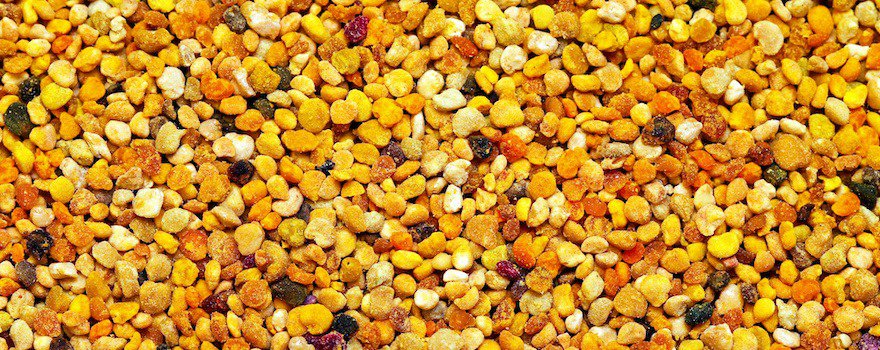
Composed of small grains, pollen is collected by bees from flowers where they gather nectar. It has nothing to do with the fine dust responsible for many seasonal allergies!
The nutritional value of bee pollen is particularly interesting for hair: proteins, lipids, vitamins, mineral salts, trace elements, antibiotic substances, and rutin, a natural flavonoid that increases hair resistance. Pollen revitalizes tired hair and helps prevent hair loss.
How to consume it?
Pollen is available in capsule form but is more frequently sold fresh or dried, to be consumed with a spoonful of honey or diluted in a little water.
You can also prepare a strengthening shampoo with pollen by mixing a teaspoon of pollen and a few drops of lemon juice with your usual shampoo.
6. Organic Silicon
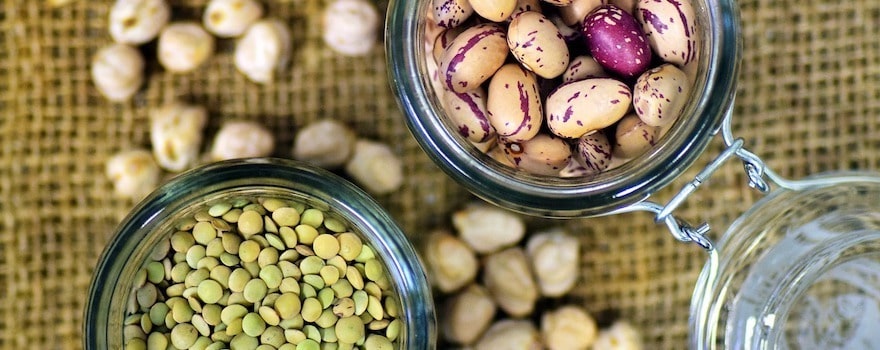
Organic silicon is a trace element found in mineral water and certain plant-based foods (cereals, nuts, mushrooms, etc). It is also naturally present in the body, but our ability to store it decreases significantly with age.
In addition to its action on the structure of connective tissues and the remineralization process of the body, organic silicon would also stimulate the production of keratin, thus enhancing hair beauty.
How to consume it?
You can choose to consume foods rich in silicon, such as whole wheat, legumes (lentils, beans, chickpeas…), parsley, garlic, onions, mushrooms, or dates, and also prefer drinking waters that contain it.
There are also organic silicon dietary supplements available in the form of drinkable solutions or gel.

Why take dietary supplements for hair?
The role of keratin in hair health
Hair is composed of over 95% keratin, a hard and fibrous protein made up of amino acids, formed through the storage of dead cells. It protects hair from external factors that could harm them (UV, sea water, etc) and has the ability to retain and store water to keep them hydrated.
Keratin also helps seal the hair cuticle by acting as a protective film, providing strength and shine. In summary, hair rich in keratin is healthy hair!
But it’s important to know that keratin does not regenerate and depletes throughout the hair’s life. Being a structural protein, keratin is not found in food but certain nutrients promote its good synthesis.
This is particularly true for beta-carotene, proteins, B vitamins, iron, and zinc. To have beautiful hair, it is essential to regularly consume foods containing these!
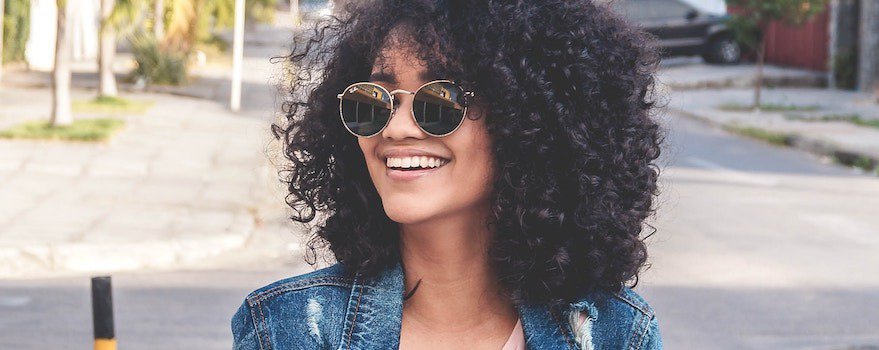
Nutritional deficiencies and hair issues
Besides keratin, our hair is also made up of water, fatty acids, melanin (responsible for their color), certain vitamins, as well as iron and zinc.
They also need quality lipids, essential for their growth and elasticity, proteins, and vitamin E and antioxidants to fight premature aging. For them to be healthy, it is important to provide these nutrients in sufficient quantities.
- In case of protein deficiency, for example, it is common to notice rough, dull, and dry hair as they have more difficulty retaining moisture.
- When lipids are missing, hair tends to break more easily and become static.
- Finally, dandruff and itching of the scalp are often linked to an unbalanced diet causing skin inflammation.
Document prepared by Anaïs Gibert and Charlotte Jean


